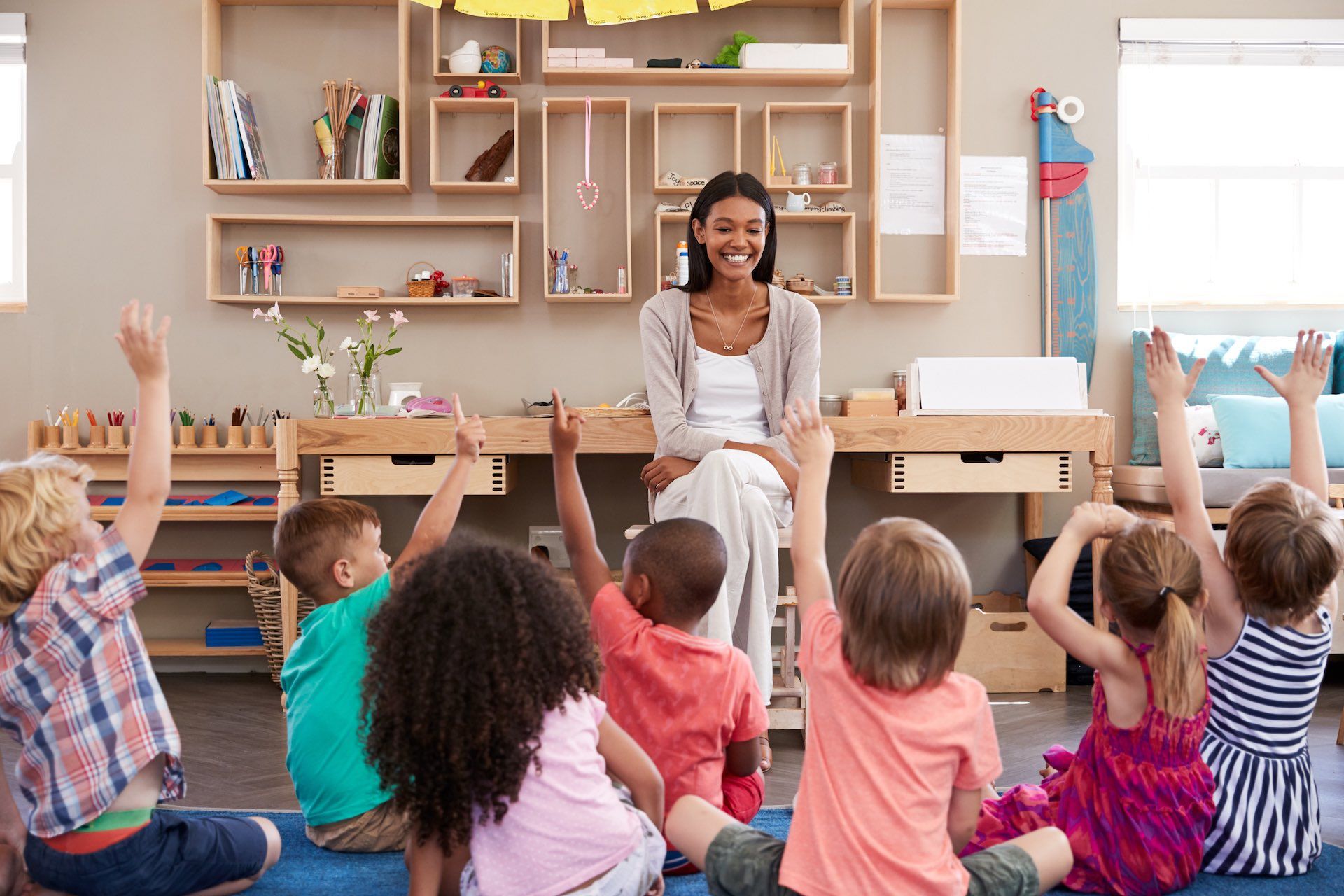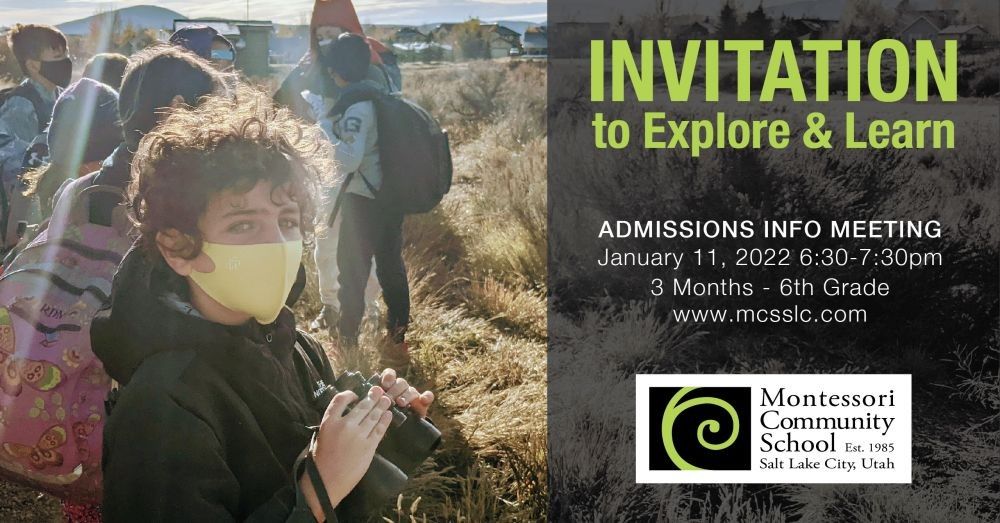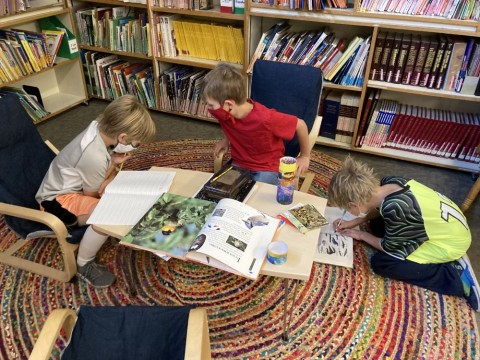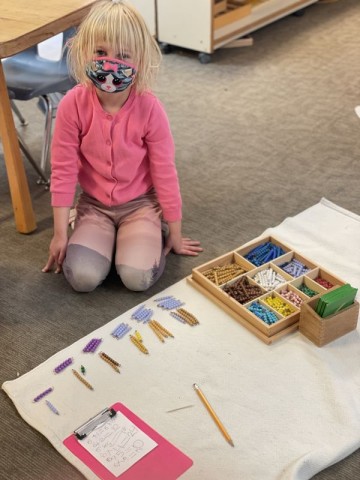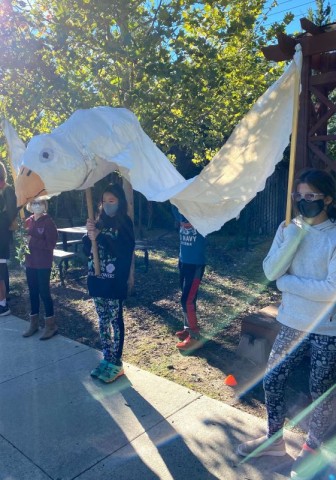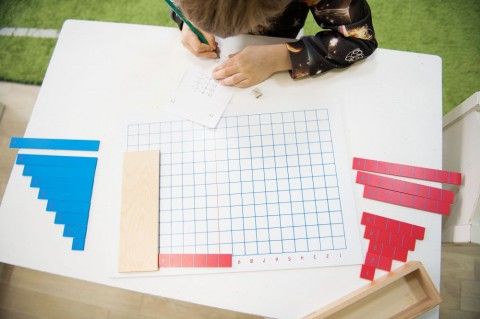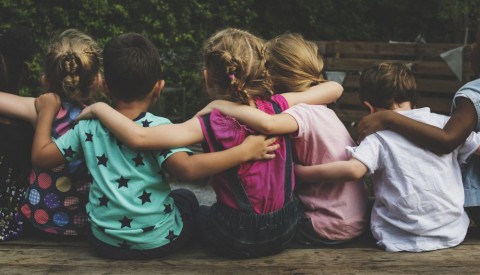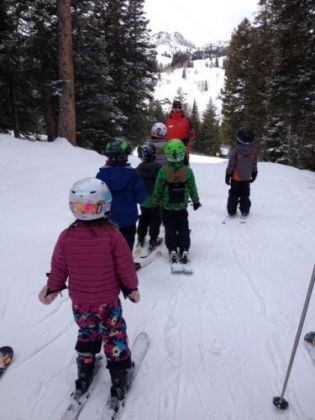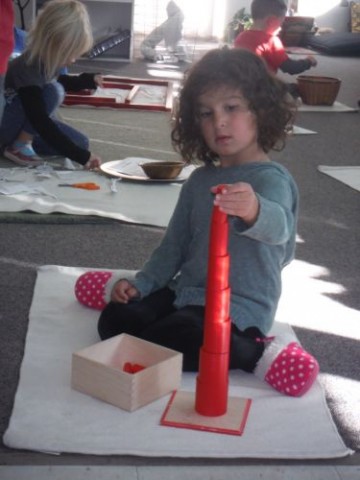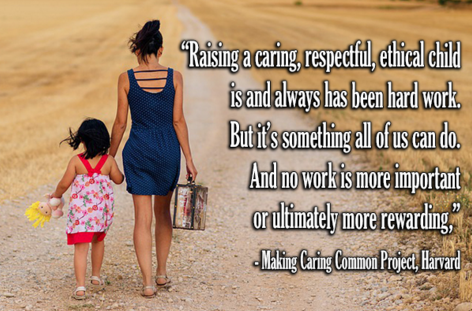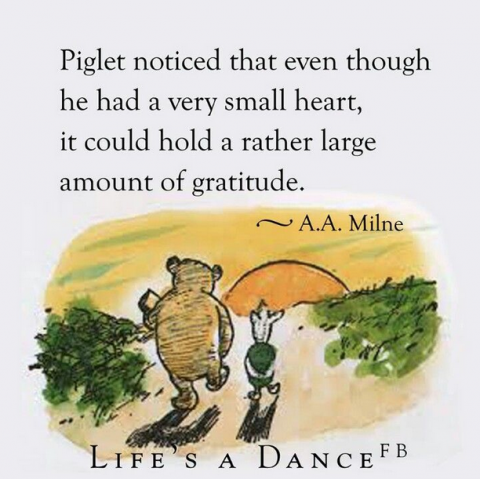Montessori and the Real Building of Self-Esteem
Montessori education has been building self-esteem for over a hundred years long before it became a
popular buzzword and a psychological “distortion” of reality. All the trappings of the modern self-
esteem movement – participation trophies, not letting children fail, everyone’s outcome is equal – have
no place in Montessori or the reality of the world.
Practical life in Montessori is the foundation of all this reality that is to come. Every practical life exercise
has a beginning, a process and an ending – just like successful life. But there is something in this process
that is so simple yet dynamic – the child builds and feels a sense of power, control, and accomplishment.
It is these early experiences, these early real successes that become the foundation for all the success
that is to come. This self-esteem is internalized and does not come from outside, from what people tell
you but it wells up from within. It comes with the beginning of concentration and self-control (which is
the biggest challenge of life – and a great giver of self-esteem.)
True self-esteem is an approval that comes from within. It is not about pleasing people or being
validated from outside. That is why grades, awards, punishments are not motivating factors in a
Montessori environment. Ironically, self-esteem built in Montessori is not self-centered. The lack of
outward competition (for grades and prizes) creates an attitude of family and community where we help
each other to succeed which also affects how we feel about ourselves.
The real self-esteem of Montessori comes from the continuing sense of accomplishment and of mastery
as the student faces greater challenges and complexity in life. Since making mistakes is part of the
Montessori learning process making mistakes does not undermine a child’s sense of self-esteem nor
does the child crater when faced with “failure”. Montessori children learn to pick up the pieces and get
back in the game. The game of life does not have four quarters, nine innings, eighteen holes or two
halves. It is a continually evolving game as you learn new strategies, techniques, gain new information,
practice new skills and begin to recognize the patterns of life that lead to success. Montessori children
learn first-hand that actions have consequences, that success is spelled w-o- r-k, and that some of the
biggest rewards of life are just personal and do not require anyone else’s acknowledgment or
affirmation. And that doing the right thing for the right reason is an amazing accomplishment all its own
– an amazing adult lesson learned very young.
Self-esteem is “practiced” every day in a Montessori environment. Try – and try again until you reach
your goal. Montessori children don’t wait for an adult’s approval because they learn early that it is their
effort that achieves success. And every goal that they achieve – on their own – builds that unique
amazing sense of accomplishment and self-esteem.
Edward Fidellow
